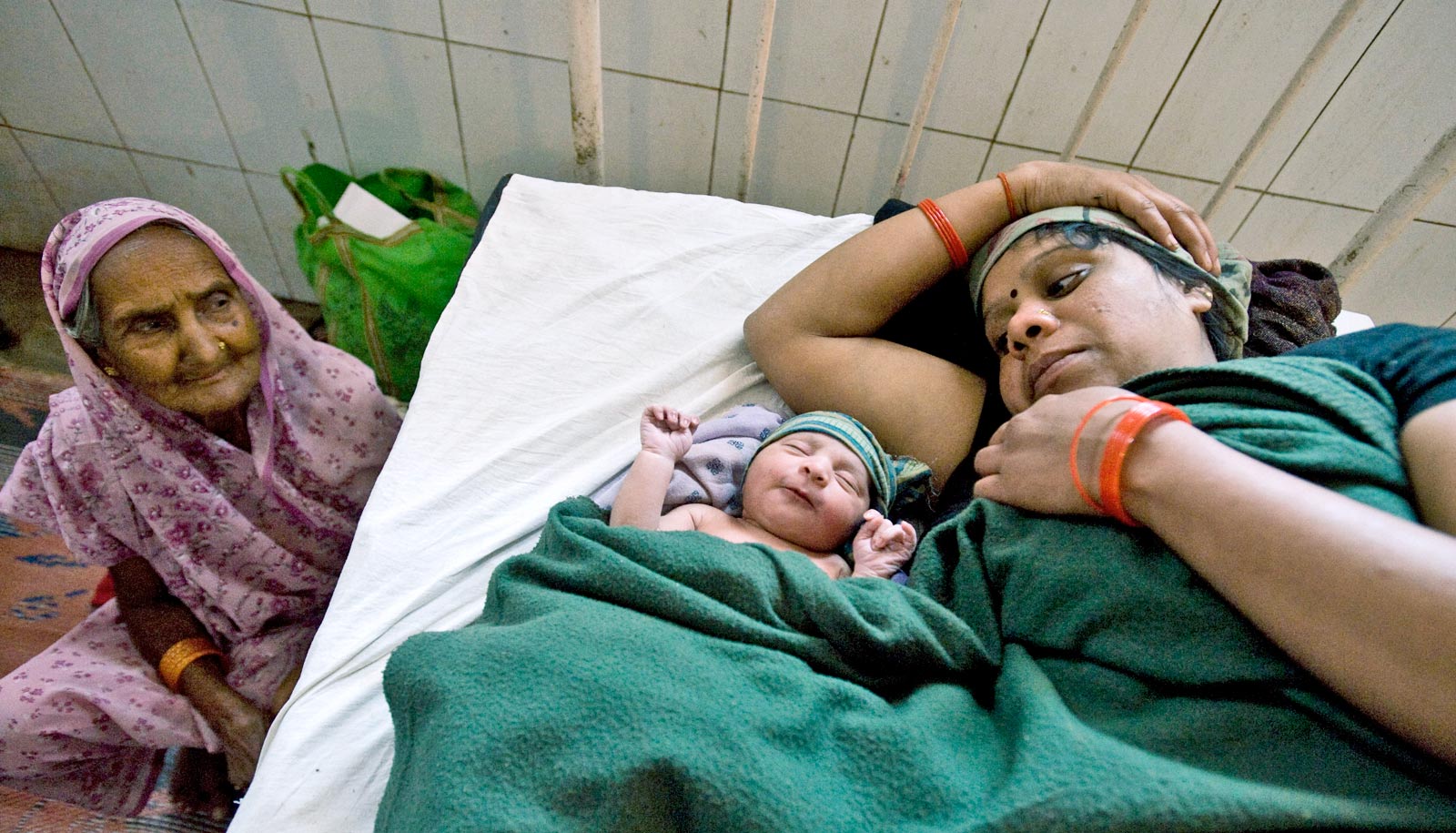More than 800 women die in childbirth every day in the developing world—often because doctors know what to do, they just don’t do it. There’s even a name for this: the “know-do gap.”
“We know for a fact doctors don’t do as much as they know—the know-do gap in healthcare is a well-documented phenomenon,” says Duke University assistant professor Manoj Mohanan.
“It exists because there are little incentives in the existing marketplace for [doctors] to do everything that they know because effort is costly, doing the right thing, even though we know it needs to be done can be really costly,” Mohanan says.
“And so eventually, as human beings, people start cutting corners,” he explains.
Mohanan, with collaborators from Harvard, Stanford, and University College London, decided to see if certain types of incentives could improve doctors’ performance, especially when it comes to preventing women from hemorrhaging and dying in childbirth. Their work appears in American Economic Review.
In this episode of Duke’s Ways & Means podcast, hear about Mohanan’s research on reducing the number of women who die in childbirth each year, including incentivizing doctors to overcome the “know-do gap.”
The Josiah Charles Trent Memorial Foundation Endowment Fund supported this three-part podcast series, called New Ideas for Policy in the Developing World. The International Initiative for Impact Evaluation (3ie), DFID-India, the World Bank, and the Government of Karnataka supported the study.
Source: Duke University



